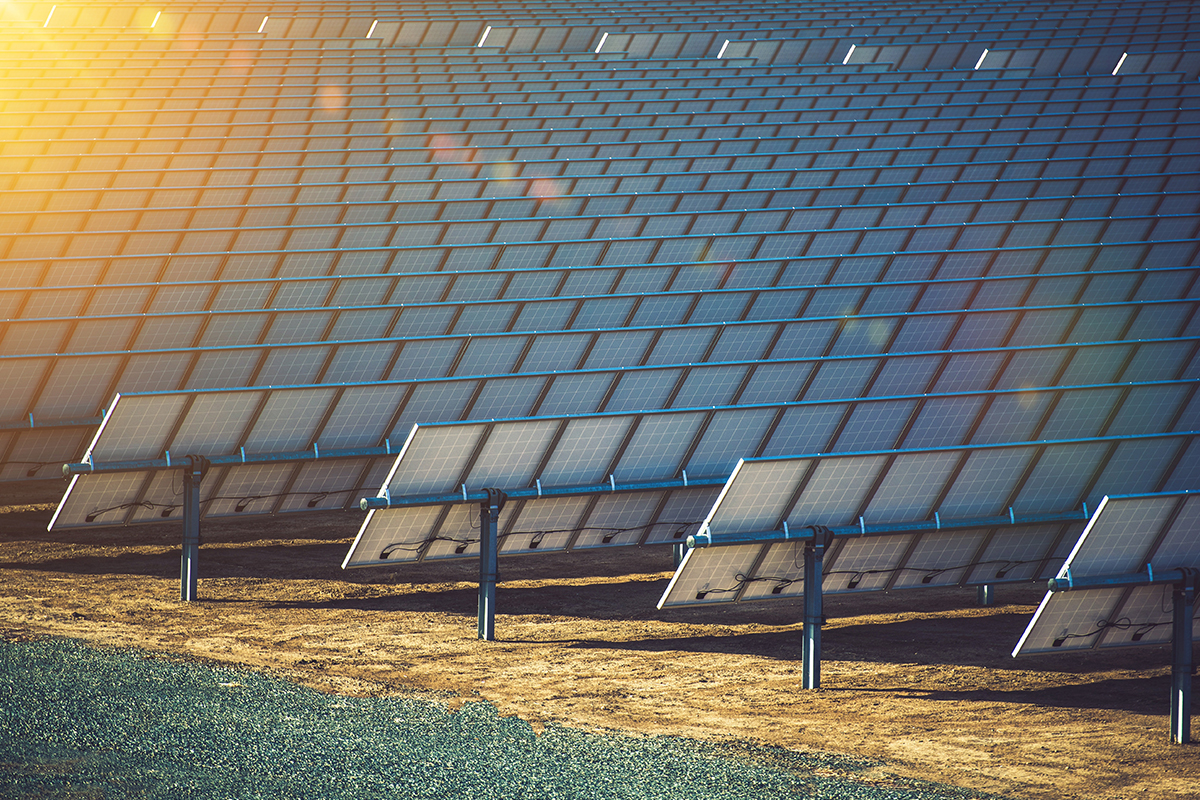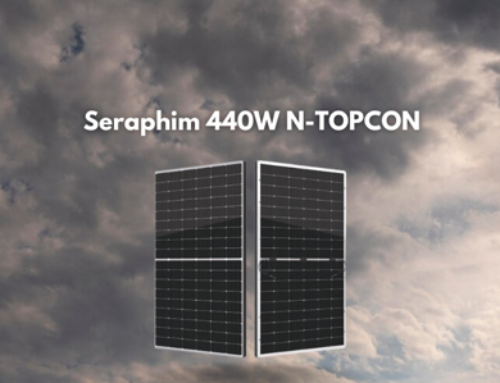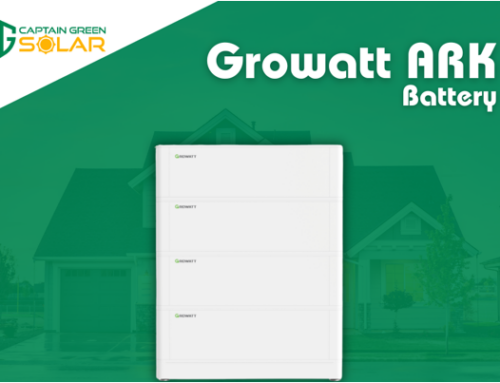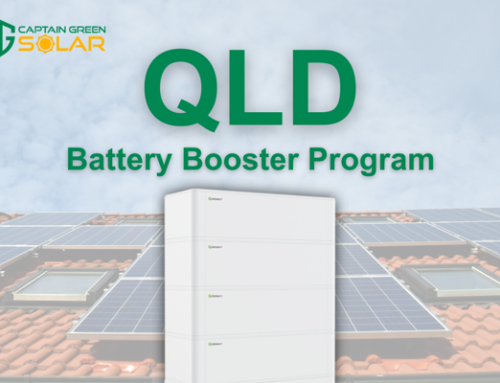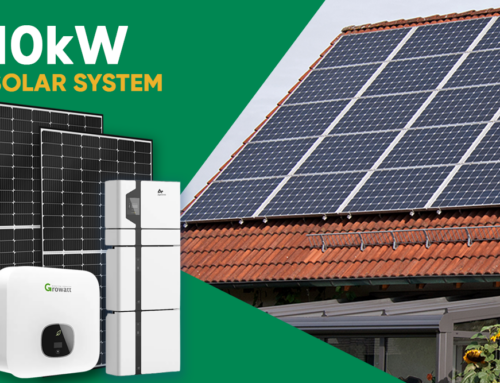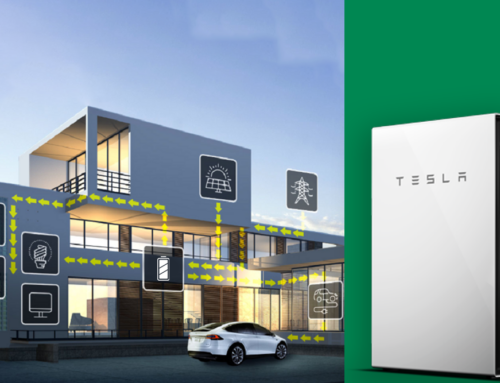You might be wondering what hybrid solar inverters are and whether you need one for your home. Let’s take a look at all the different inverter types, whether hybrid solar inverters are worthwhile and provide some more details about hybrid inverters.
Before we jump into what a hybrid solar inverter is, let’s look at the different options available to Australians.
The Different types of solar inverters
There are central types of inverters on the market in Australia today. The one you choose depends on the type of solar installation you have, and how you want to use your solar energy. Here we will look at the different types of solar inverters, including hybrid solar inverters.
Standard or string inverter
A normal inverter, often known as a string inverter or grid-tied inverter, is a key part of all solar panel installations. Its job is to take the DC power produced by your solar panels and convert it into AC power. You need AC power to run appliances, and to send back to the main grid if you’re exporting excess power.
If you want to install solar panels in Australia, it’s essential to have an inverter, otherwise, your solar energy is useless.
Battery inverter
Battery inverters are the more complex version. If you’re using battery storage to keep excess solar energy for use when the sun goes down, you’ll need one of these. A battery inverter converts DC solar energy into AC energy for use in the home, just like a normal string inverter. However, it also sends the excess DC power straight to your battery for storage. Then when your solar system isn’t generating power (i.e. at night), the inverter accesses energy from your battery and converts it to AC energy for use.
What is a hybrid solar inverter battery?
A hybrid battery, as the name suggests, is a hybrid of the two other inverters. A hybrid solar inverter does everything your standard string inverter does, but it also has the capabilities of a battery inverter. It’s essential to note that you do not have to currently use battery storage in order to install a hybrid inverter. They perform perfectly well with a standard on-grid solar solution.
However, if you currently use battery storage, or you’d like to in the future, a hybrid inverter makes sense.
What are the benefits of a hybrid solar inverter?
The major benefit of a solar inverter is quite obvious, in that it performs the same function as two other types of inverters. But let’s look more closely at why you might choose to include a hybrid inverter with your solar installation.
A hybrid solar inverter provides one piece of equipment vs two
This is the obvious benefit. Why use two inverters when you can use one? Well, in some cases, if you already have a standard solar system and you want to add battery storage, you’d need to add a second piece of equipment. You’ll have to buy either a battery inverter to work alongside your standard one, or a hybrid inverter to replace the standard one.
There’s not much difference either way, except the shelf life on inverters is much less than solar panels themselves. So, it’s likely you’ll need to replace that standard inverter one day. By then, you would probably choose a hybrid inverter anyway, rendering your battery inverter obsolete. Why not just buy a hybrid now?
Monitoring of your inverter
Most solar technology comes with nifty apps and monitoring systems now, so you can check how much solar you’re generating and using. The problem is, these apps are connected to the inverter because this is where all of your electricity is processed. Let’s consider you had a battery inverter for your storage and a standard inverter for your generation and usage. Monitoring gets tricky because you’re using two different systems.
With a hybrid inverter, everything happens from one central device, therefore making energy monitoring a lot easier.
Cut future battery installation costs
The cost of battery storage solutions in Australia is still prohibitive for many people. But that won’t always be the case. As with any technology, the price will reduce over time and more people will want solar battery storage.
If you buy a solar system today and think you might like battery storage in 10 years, it makes sense to get a hybrid solar inverter now. Otherwise, you’ll just need to buy a new inverter (either hybrid or battery) when you do decide to connect battery storage.
Also, adding a new inverter to an existing system can cost more in labour because of extra wiring and complexity. So, you could avoid that cost and just go hybrid now.
Are there downsides of hybrid inverters?
Like anything, hybrid inverters have a downside too. Let’s look at the potential problems with hybrid inverters.
Cost
Firstly, there’s the cost. Being a more comprehensive piece of technology, a hybrid inverter costs more than a string inverter. So, if you don’t currently have battery storage, you may view it as an unnecessary expense.
Complex to install if you already have a solar system
As we mentioned, if you already have a solar system, it can be complicated to install a new hybrid inverter. So, your upfront costs may increase a little bit. However, as we mentioned, this cost will still exist if you choose to add battery storage later. So, if you do need to upgrade your inverter now, choosing hybrid will save you money down the track.
Compatibility
This is more of a potential issue rather than a problem that exists today. Most hybrid inverters are compatible with specific battery storage solutions. Now, in Australia, this isn’t a huge issue because there aren’t many different varieties of battery storage available. The Tesla Powerwall home battery system dominates the market, with a few other major players like Fronius.
This is easy to get around for now, especially if purchasing a complete package with solar panels, inverter, and battery. But if you want to add a battery later, you may be limited in your choice if the inverter only works with one type.
Is a hybrid solar inverter right for you?
Hopefully the information above gives you a clear picture of what a hybrid inverter is, and how it fits into the solar landscape. You may be thinking, is the hybrid inverter solar solution the right one for you? If you’re a first-time solar buyer, it makes sense to go hybrid, because it gives you the flexibility to add batteries later. If you have solar already and want to add battery storage, it also makes sense rather than operating a string inverter and a battery inverter.
If, however, you want household solar but don’t ever see yourself using battery storage, you can get everything you need from a standard string inverter. It all comes down to your desired use. If you’d like to learn more about purchasing solar panels, solar batteries, and our range of inverters, contact Captain Green today. Australia’s leading solar panel provider, our friendly team are always happy to provide qualified, expert advice on your solar panel system.

